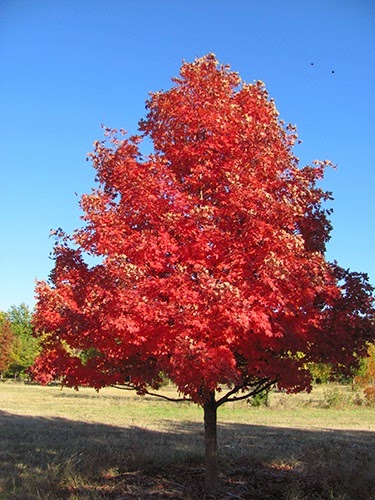Farm families may have questions on their farmland leasing arrangements!
Sandra
L. Wick, Crop
Production Agent
 Well, 2020 will soon be
here, hopefully, everyone has their “to do” lists compiled and actually
started. One of the items on your list
may be re-examining your farmland leasing arrangements for your farmstead. Whether your leasing arrangements include
cropland, pasture or both, this can be a very challenging component of your
farming enterprise.
Well, 2020 will soon be
here, hopefully, everyone has their “to do” lists compiled and actually
started. One of the items on your list
may be re-examining your farmland leasing arrangements for your farmstead. Whether your leasing arrangements include
cropland, pasture or both, this can be a very challenging component of your
farming enterprise.
It is estimated that
more than 50% of Kansas farmland and pastureland is rented and is a growing
prominence with many producers.
Different types of leases have been developed to meet the needs of the
modern Kansas farmer and rancher. It is
important that both parties, to a farm or ranch lease, understand the details
of their lease agreement and the laws that affect their lease. Leases can be written or oral, however, a
written lease is highly encouraged as it will help and make sure the rights of
all parties involved are clearly defined and understood. An oral lease is only enforceable for one
year, generally until March 1, whereas a written lease may cover any period of
time.
Determining an equitable crop share lease for agricultural land is important for good business relations between landowners and producers. While both parties typically want a lease agreement that is equitable, negotiating one can be a daunting task. This is especially true when production practices or technologies change over time.
Even the most stable
leasing relationships may have trouble determining how to adjust their leases
to fairly reflect new farming practices.
To arrive at an equitable lease, you must prepare a budget that accounts
for the costs and value of assets contributed by both the landowner and the
tenant.
Importantly, tenants
need to be compensated for labor and owned machinery, while landowners need to
be compensated for the value of their land and other owned assets (e.g.
center-pivot).
If you are the tenant or
the landowner, there are specific dates that are important. One of the dates is coming up soon, which is
the termination notice for an oral lease.
Kansas law specifies that proper written notice of termination be
delivered to the tenant at least 30 days prior to March 1 (except written
leases that specify another termination date) in order to terminate the lease
for that year. So the date for 2020
would be January 29. If proper written
notice is not given to the tenant 30 days prior to March 1, then the tenant
will maintain possession of the property until March 1 of the following year or
2021.
Good communication between the landowner and the tenant is essential for a successful lease agreement and relationships. By keeping both parties informed of changes in market conditions, production practices, future plans (selling and passing it to heirs), etc., the opportunity for conflict is greatly reduced.
Leasing is a business relationship between two parties and if they are both satisfied with the outcome of the leasing arrangement, then there is stability. The stability is important to landowners wanting to manage their assets as well as tenants who want to make their production and financing decisions based on longer horizons.
Good communication between the landowner and the tenant is essential for a successful lease agreement and relationships. By keeping both parties informed of changes in market conditions, production practices, future plans (selling and passing it to heirs), etc., the opportunity for conflict is greatly reduced.
Leasing is a business relationship between two parties and if they are both satisfied with the outcome of the leasing arrangement, then there is stability. The stability is important to landowners wanting to manage their assets as well as tenants who want to make their production and financing decisions based on longer horizons.
 Stop by any K-State
Research and Extension, Post Rock District office for a copy of the “Kansas
Agricultural Lease Law” along with sample farm and pastureland leases and other
helpful information. This is the 8th year that the Post Rock Extension District
has conducted a Leasing Arrangements Survey in each of the 5 counties of our
district including Jewell, Lincoln, Mitchell, Osborne and Smith. The 2019 survey responses are currently being
compiled and will be available, approximately first part of January, at any of
our Post Rock District offices along with on our website at
www.postrock.ksu.edu.
Stop by any K-State
Research and Extension, Post Rock District office for a copy of the “Kansas
Agricultural Lease Law” along with sample farm and pastureland leases and other
helpful information. This is the 8th year that the Post Rock Extension District
has conducted a Leasing Arrangements Survey in each of the 5 counties of our
district including Jewell, Lincoln, Mitchell, Osborne and Smith. The 2019 survey responses are currently being
compiled and will be available, approximately first part of January, at any of
our Post Rock District offices along with on our website at
www.postrock.ksu.edu.If you have any questions regarding farmland leasing arrangements, contact me at any of our Post Rock Extension District Offices in Beloit, Lincoln, Mankato, Osborne or Smith Center.
Have a very Happy New Year in 2020!








